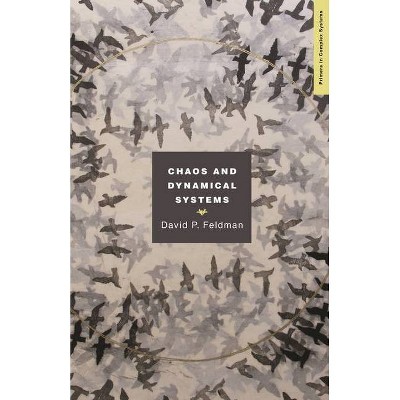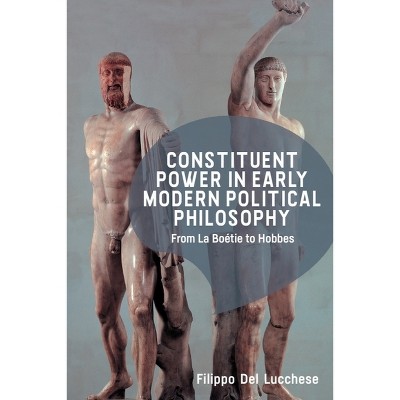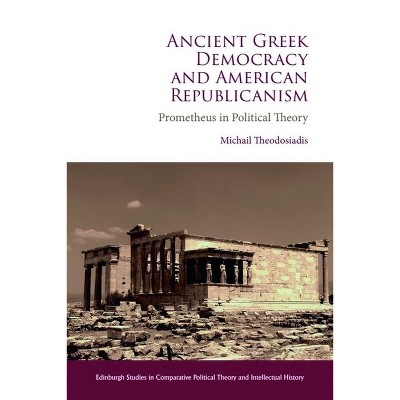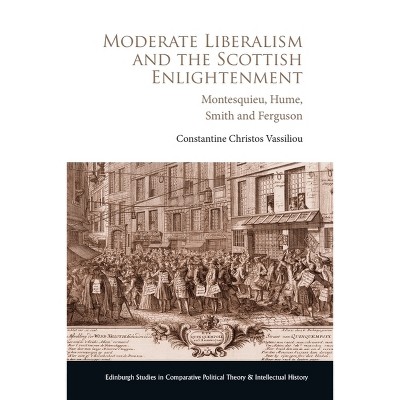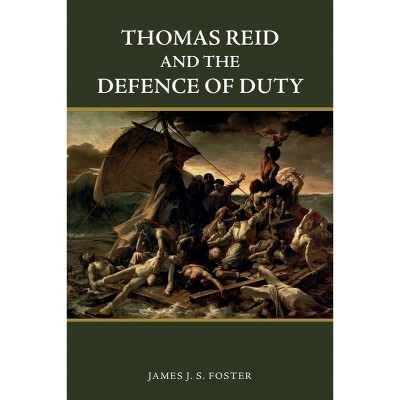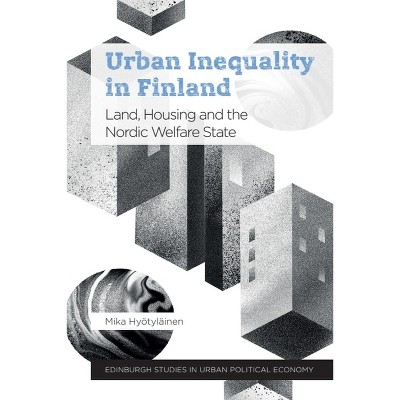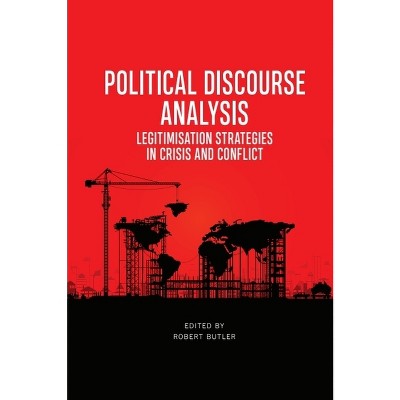Sponsored

Space and Political Universalism in Early Modern Physics and Philosophy - by Pablo Bustinduy (Paperback)
Pre-order
Sponsored
About this item
Highlights
- How did early modern philosophy of space shape the modern concept of political universalism?
- Author(s): Pablo Bustinduy
- 272 Pages
- Political Science, History & Theory
- Series Name: Edinburgh Studies in Comparative Political Theory and Intellectual History
Description
About the Book
Examines how the imagination of space in the early modern period influenced the development of the modern concept of political universalism.Book Synopsis
How did early modern philosophy of space shape the modern concept of political universalism? In this book, Pablo Bustinduy persuasively argues that political universalism emerged from both the developments of Newtonian science and the formulation of the modern philosophy of the State. In the metaphysics of an open, empty, abstract and absolute space, Bustinduy suggests, the universalist project of modern politics found its logical model and foundation. There, the anxiety of a dislocated world was overcome, and the ontology of modern physics found a specific political expression that, despite being besieged by multiple crises, still animates our political imagination.
By offering a political reading of early modern philosophy of space, Space and Political Universalism in Early Modern Physics and Philosophy reveals the connections between the logical development of early modern science, the contemporary elaborations of the philosophy of the State, and the historical articulations of the Westphalian system, early capitalist social formations, and the European colonial project. In doing so, it offers a powerful reflection on how we might detach democracy from the 'perilous metaphysics' of infinite space that has engendered political violence and domination, positing space as an emptiness that prevents the closure of the political itself.
Review Quotes
Full of original insights and crisp aphoristic formulations, Pablo Bustinduy's book examines the emergence of the concept of infinite, empty, and absolute space. This highly innovative study connects modern political power in its tensions, contradictions, and ambiguities to a new understanding of spatiality.
--Dmitri Nikulin, The New School for Social Research, New York
